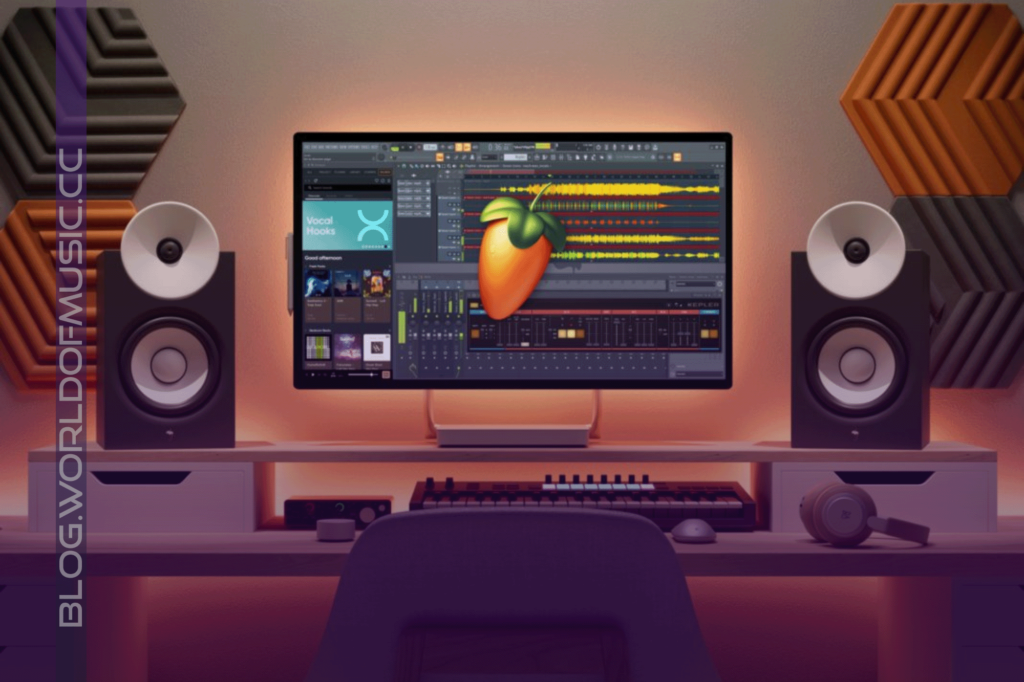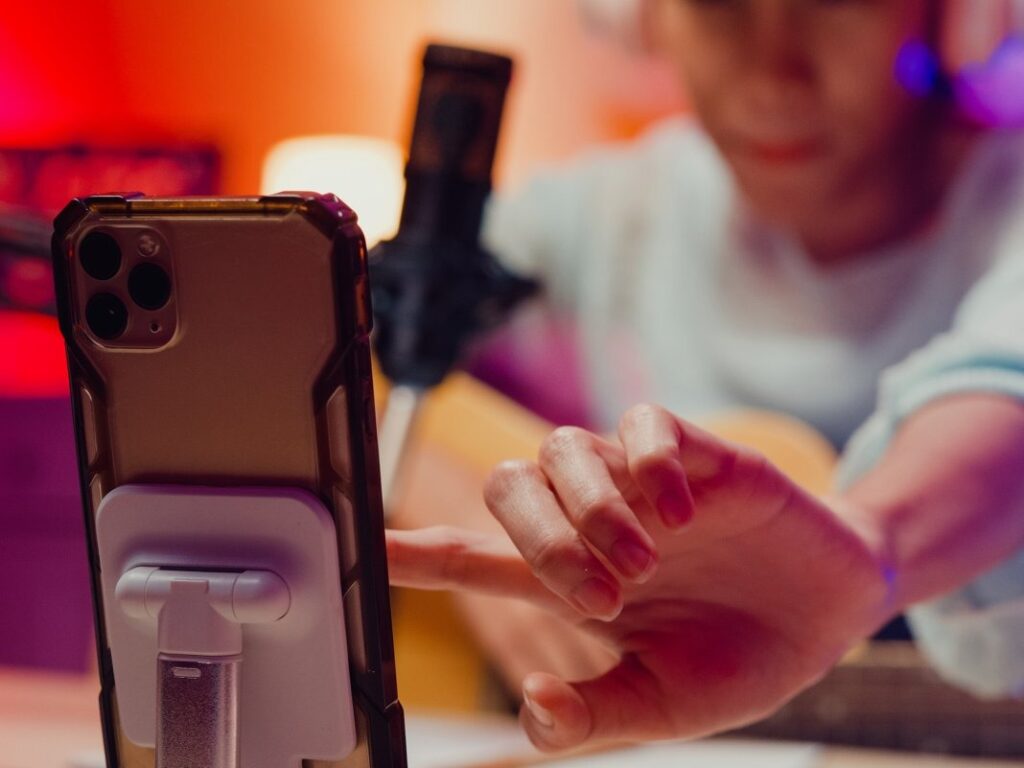Spotify launches personalised Merch Hub based on listening habits
Written by WOM writer on October 17, 2023
It comes days after details about the company’s new premium plan were leaked.
In its latest addition, Spotify is launching a personalised Merch Hub in the app, with merch recommendations based on your listening activity.
The company announced its plans yesterday (17 October), explaining that whereas previously you could check out merch on individual artist profiles, release pages, and Now Playing, you can now see all artist merch in one place.
Once you’re in the new Merch Hub, you can browse through items, and then when you’re ready to buy something you can do so via the artist’s Spotify store, through a partnership with Shopify.
“The new merch hub on Spotify is the first-ever merch shopping experience that is tailored to an individual’s listening habits and fandom,” said Heather Ellis, product marketing manager of Fan Monetization at Spotify, in a statement.
“Spotify pulls personalised recommendations for you, specifically, into your merch hub experience, so offerings from your favourite artists find you – not the other way around.”
To check out the new Merch Hub, you need to either go to the Merch tile on the Browse page, or search “Merch”.
In a recent blog post, Spotify explained that it has a mission to enable artists to “live off their art”, and that launching the new Merch Hub will help the company fulfil it.
Spotify saw its highest-grossing merch sales of 2022 after Spotify Wrapped came out. This year, it’s thought that Spotify Wrapped, now firmly a key event on the calendar of many of today’s music fans, will come out during the final week of November.
Earlier this month, details about Spotify’s premium tier subscription plan, Supremium, were leaked. It’s thought that the new tier will cost $19.99 in the US, but will bring with it a variety of interesting features. It’s rumoured to include lossless audio, something rivals Apple Music already offer, advanced playlist mixing tools and extra listening statistics.
Source: Adam England – musictech.com





